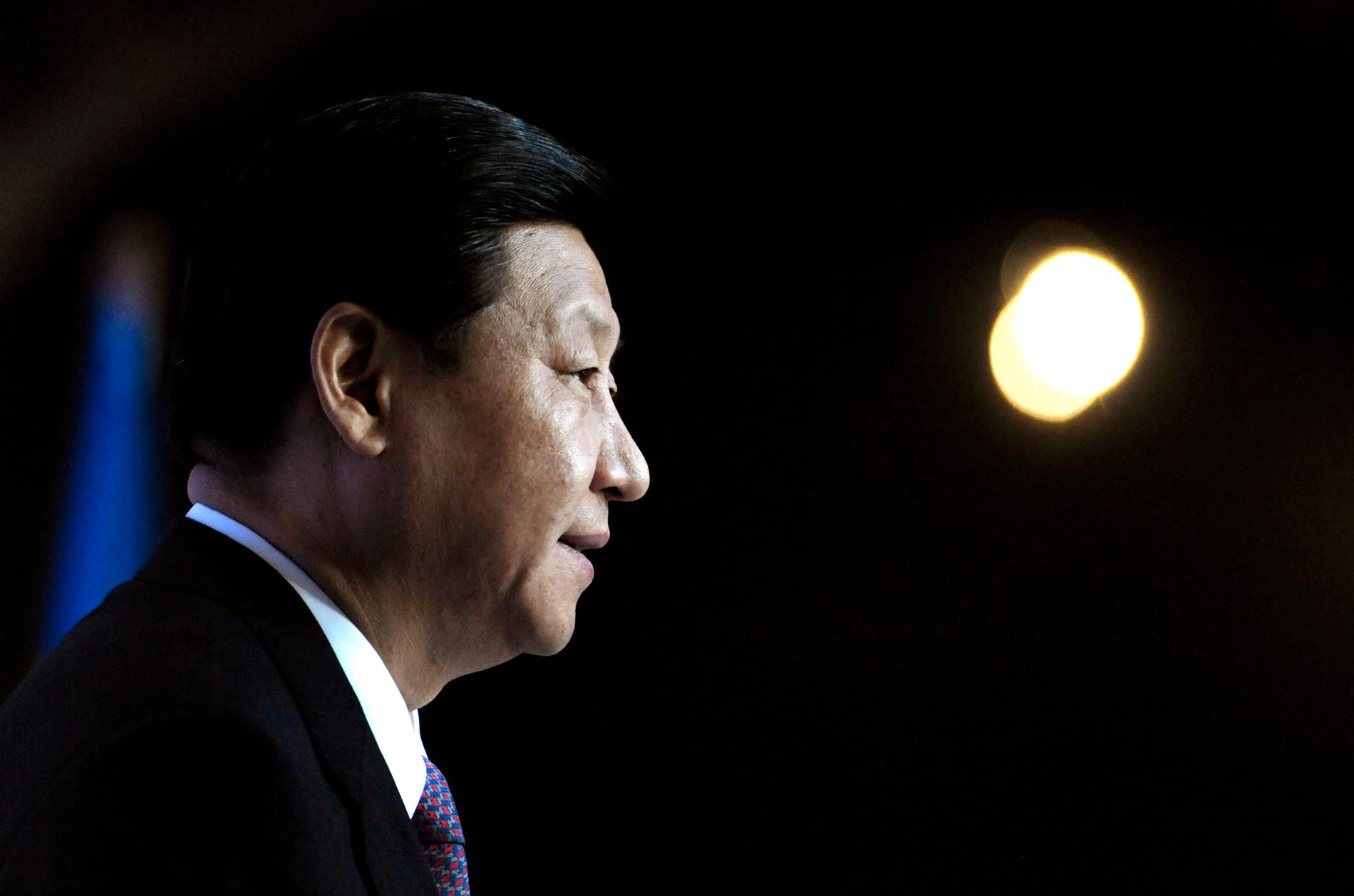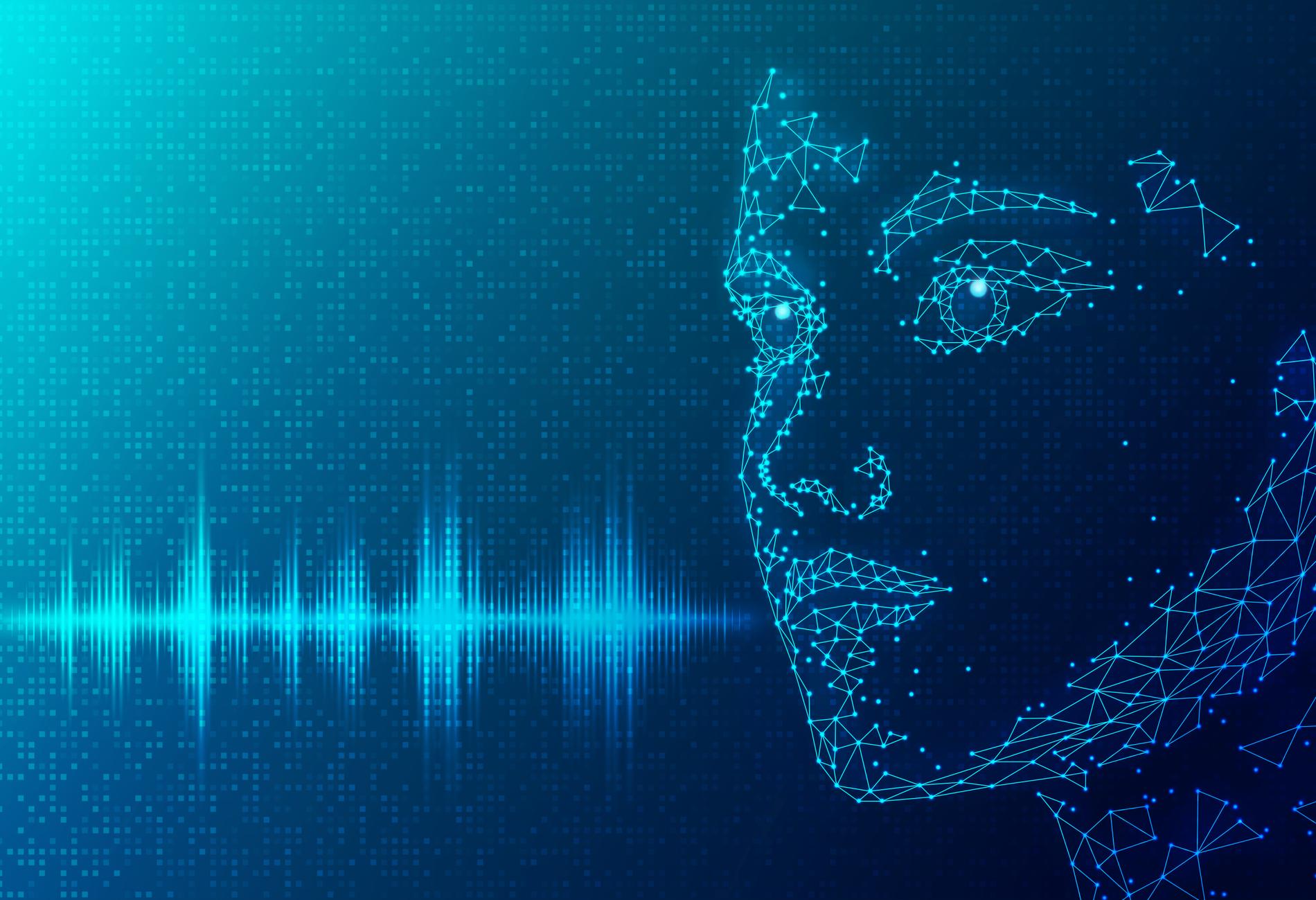Wolfgang Hansson
Published: Yesterday 17.22
This is a commenting text. Analysis and positions are the writer's.
COLUMNIST
Today, there is a lot of talk about how AI development must be slowed down because of the risks.
I think we can forget that.
The West is afraid that China will gain an advantage if we pause.
When the world faces a major technological shift, geopolitics is affected just as much as the everyday life of the individual.
Artificial intelligence is such a powerful tool that all major countries will seek to exploit it to achieve security policy advantages and strike against their enemies.
So when well-known experts on AI advocate a temporary halt to development so that the risks can be evaluated, it's a bit like trying to prevent the sun from rising every morning.
Xi Jinping has already decided that China will be the world leader in AI from 2030. Photo: JANERIK HENRIKSSON / TT
Neither the UN nor individual governments have the ability to stop AI development. There are far too many forces, commercial and otherwise, at work.Theoretically, the West could agree on a halt to the development of artificial intelligence for a limited time period of six months or a year.
Terrified that China will overtake
But in practice no one would dare to implement such a stop because it would mean leaving the field free for their geopolitical opponents.
In a different international climate, it might have been possible to agree on a joint moratorium, but in today's world, where the great powers constantly threaten each other, that is an impossibility.
The US and Europe are terrified that
Bypass the censorship
China solved it by building a giant internet surveillance apparatus where certain keywords are banned. With firewalls against the outside world, they have succeeded in isolating the Chinese network for all but a small clique who have access to VPN and thus can bypass the censorship. Probably China will try to do something similar for AI but will it work?
The Communist Party's need for total control may leave China behind in the ability to take advantage of AI.
The outside world is mainly trying to see how AI can help humanity in various areas. China is most interested in how technology can help the Communist Party strengthen its grip on power.
But even within the Western bloc there is an inherent contradiction about AI. All the big tech companies like Microsoft, Goggle and Open AI are American.
The US wants the power over AI to rest with the companies and many politicians are very reluctant to legislate. Although this week President Biden held a meeting with the leaders of the major tech companies where he emphasized the companies' "fundamental responsibility to ensure that their products are safe before they reach the public" and that "the risks AI poses to the individual, society and national security must be mitigated”.
China is most interested in how technology can help the Communist Party strengthen its grip on power. Photo: Getty Images/iStockphoto
Lesson learned
The EU has learned the lesson of how the big tech companies become states within the state if they are allowed to run wild and therefore want to regulate AI.
We saw it in terms of access to people's private data where the EU introduced the GDPR legislation where users have to consent to how their data can be used. The EU is already working on regulations in AI, but for obvious reasons lags behind the technological development.
Whatever laws the EU enacts, they risk becoming hopelessly outdated in a short time.
AI also risks making the world even more unequal. The rich countries with great computing power can develop AI while the poor countries once again fall behind.
But at present it is difficult to see that AI would fundamentally change the power relations in the world. China and the US will be the dominant powers in the future with the EU as one of several nipping at their throats.



Inga kommentarer:
Skicka en kommentar